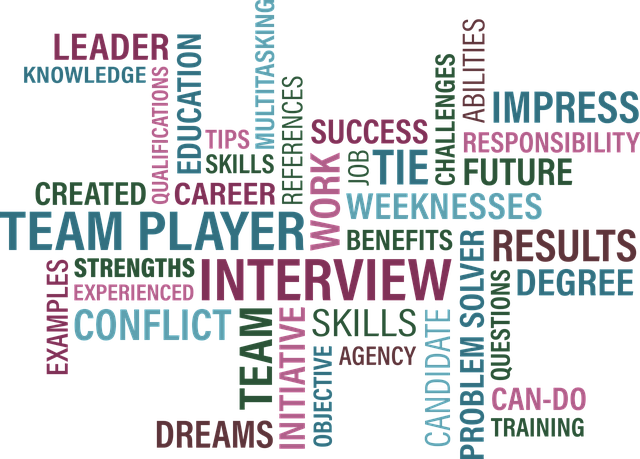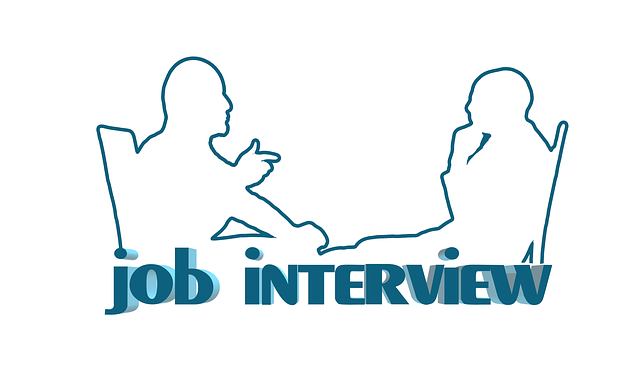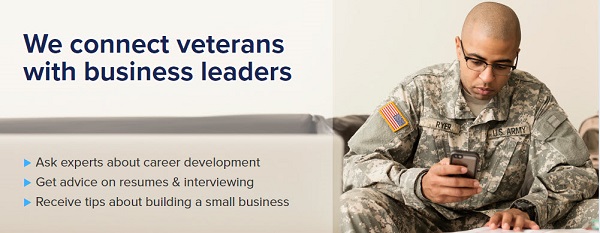Resumes and Job Interviews

10 Steps in Creating a Good Resume
- Choose a target job (also called a "job objective"). An actual job title works best.
- Find out what skills, knowledge, and experience are needed to do that target job.
- Make a list of your 2, 3, or 4 strongest skills or abilities or knowledge that make you a good candidate for the target job.
- For each key skill, think of several accomplishments from your past work history that illustrate that skill.
- Describe each accomplishment in a simple, powerful, action statement that emphasizes the results that benefited your employer.
- Make a list of the primary jobs you've held, in chronological order. Include any unpaid work that fills a gap or that shows you have the skills for the job.
- Make a list of your training and education that's related to the new job you want.
- Choose a resume format that fits your situation - either chronological or functional. (Functional works best if you're changing fields; chronological works well if you're moving up in the same field.)
- Arrange your action statements according to the format you choose.
- Summarize your key points at the top of your resume.
Additional resume and job interview resources: Resumes Written For You, Tailor Your Resume, and Job Interviews.


Job Interview Do's and Don'ts
- DO arrive on time or a few minutes early.
- DO fill out an application neatly and completely, if you are presented with one. (Don't attach your resume unless you're told to do so.)
- DO greet the interviewer by last name if you are sure of the pronunciation. If not, ask the employer to repeat it.
- DO project energy and enthusiasm. Smile and shake hands firmly.
- DO wait until you're offered a chair before sitting. Sit upright, look alert and interested at all times. Listen carefully and respond succinctly and articulately.
- DO look the hiring manager in the eye while speaking.
- DO try to get the interviewer to describe the job and the duties to yo early in the meeting, so you can focus your responses on your background, skills and accomplishments that relate to the position.
- DO be sincere and truthful while focusing on communicating your specific professional achievements that relate to the accounting or finance job opening.

- DON'T answer with a simple "yes" or "no." Explain whenever possible.
- DON'T pretend to know something or someone when you don't. If you don't understand a question – or need a moment to think about it - say so.
- DON'T rely on your application or resume to do the selling for you. Interviewers will want you to be convincing.
- DON'T make negative remarks about present or former employers. When explaining your reasons for leaving, communicate your rationale professionally.
- DON'T over-answer questions. If the interviewer steers the conversation into controversial – or even illegal – topics, try to do more listening than speaking. Keep your responses non-committal.
- DON'T inquire about salary, vacations, benefits, bonuses or retirement on the initial interview unless you are sure the employer is interested in hiring you. If the interviewer asks what salary you want, give a range based on your research of the job market, but indicate that you're more interested in the opportunity for continued learning and professional development than in a specific salary.

Don't Leave Out Your Spouse!
One in four military spouses are currently unemployed and looking for work. We realize that the challenges of relocating, continuing education, and holding down the fort at home can be a tall order. Military OneSource provides comprehensive education and career guidance, support and resources to military spouses pursuing employment or an advanced degree. Read fresh content related to career exploration; education, training and licensing; and employment readiness and career connections.
Last, but certainly not least, is a national non-profit organization called American Corporate Partners (ACP). ACP is focused on helping returning veterans and active duty spouses find their next careers through one-on-one mentoring, networking, and online career advice. ACP focuses on helping veterans and active duty spouses find meaningful employment opportunities and develop long-term careers. Take advantage of their free, personalized career mentorship program and experience a yearlong mentorship to assist you with your civilian career goals.


 Car Buying
Car Buying College Planning
College Planning Computer Safety
Computer Safety Discount Health Plans
Discount Health Plans Final Expense Insurance
Final Expense Insurance Consumer Tips
Consumer Tips Home Buying
Home Buying Home Insurance
Home Insurance Identity Theft
Identity Theft Prescriptions
Prescriptions Shopping
Shopping Travel
Travel Getting Started
Getting Started Debt Roll-Up
Debt Roll-Up Credit Reports
Credit Reports Credit Scores
Credit Scores Credit Repair
Credit Repair Growing Wealth
Growing Wealth Time Value of Money
Time Value of Money Controlling Risk
Controlling Risk Tax Planning
Tax Planning A Balanced Plan
A Balanced Plan Enlisted Pay
Enlisted Pay Officer Pay
Officer Pay Finding a Job
Finding a Job Relief Act
Relief Act Thrift Savings Plan
Thrift Savings Plan VA Education
VA Education VA Home Loans
VA Home Loans VA Health Care
VA Health Care VA Pension Benefits
VA Pension Benefits VGLI
VGLI
